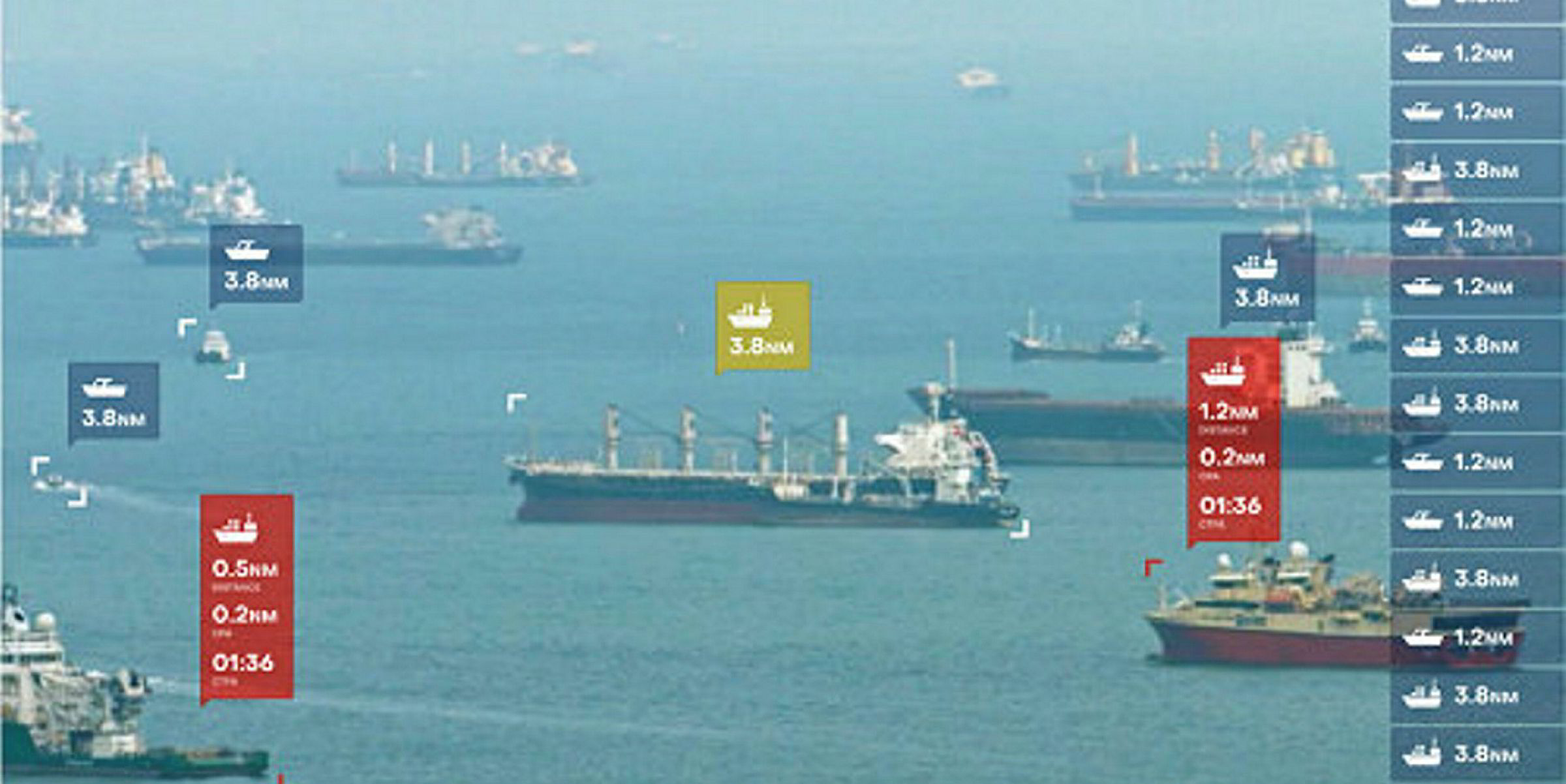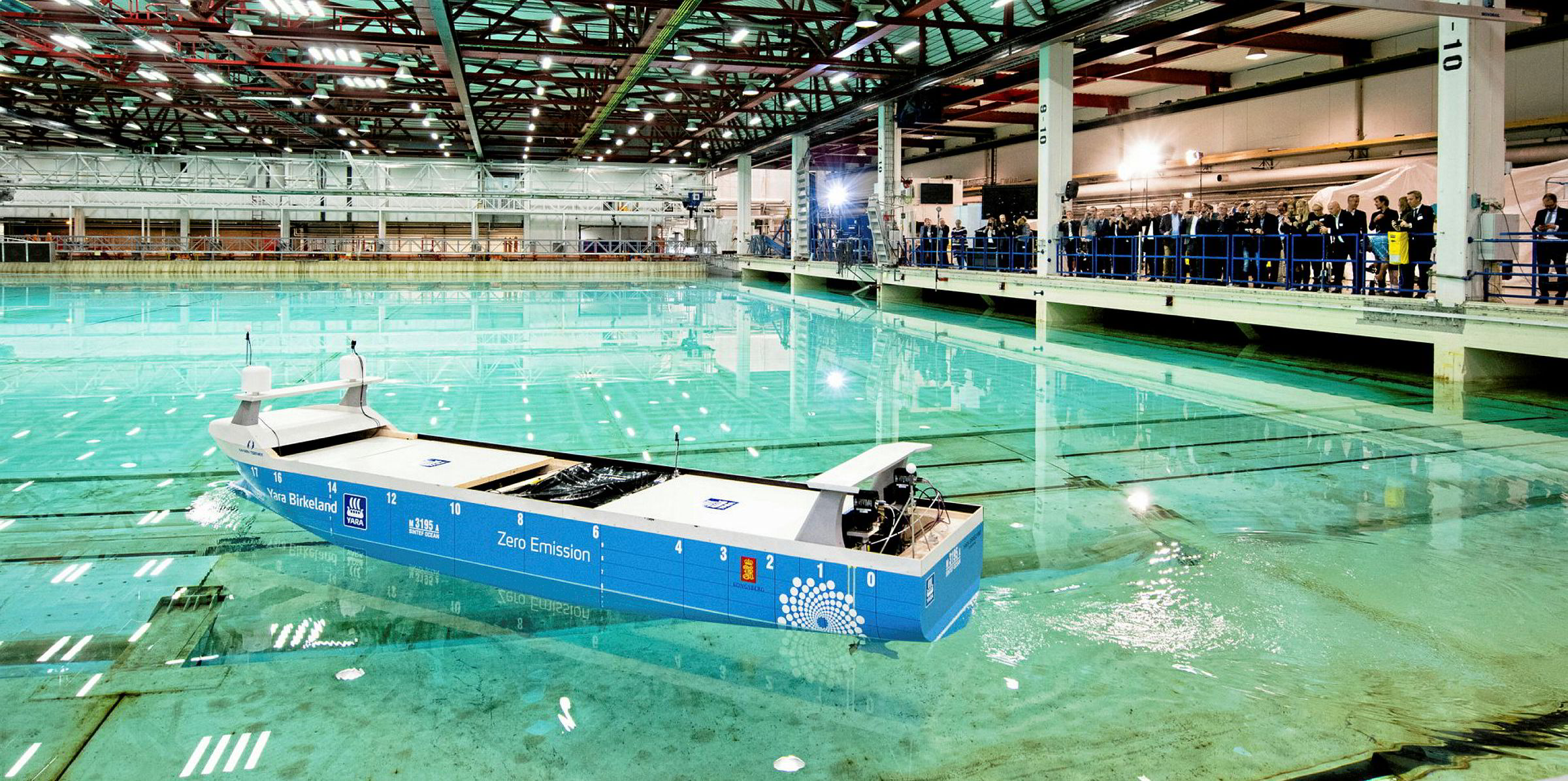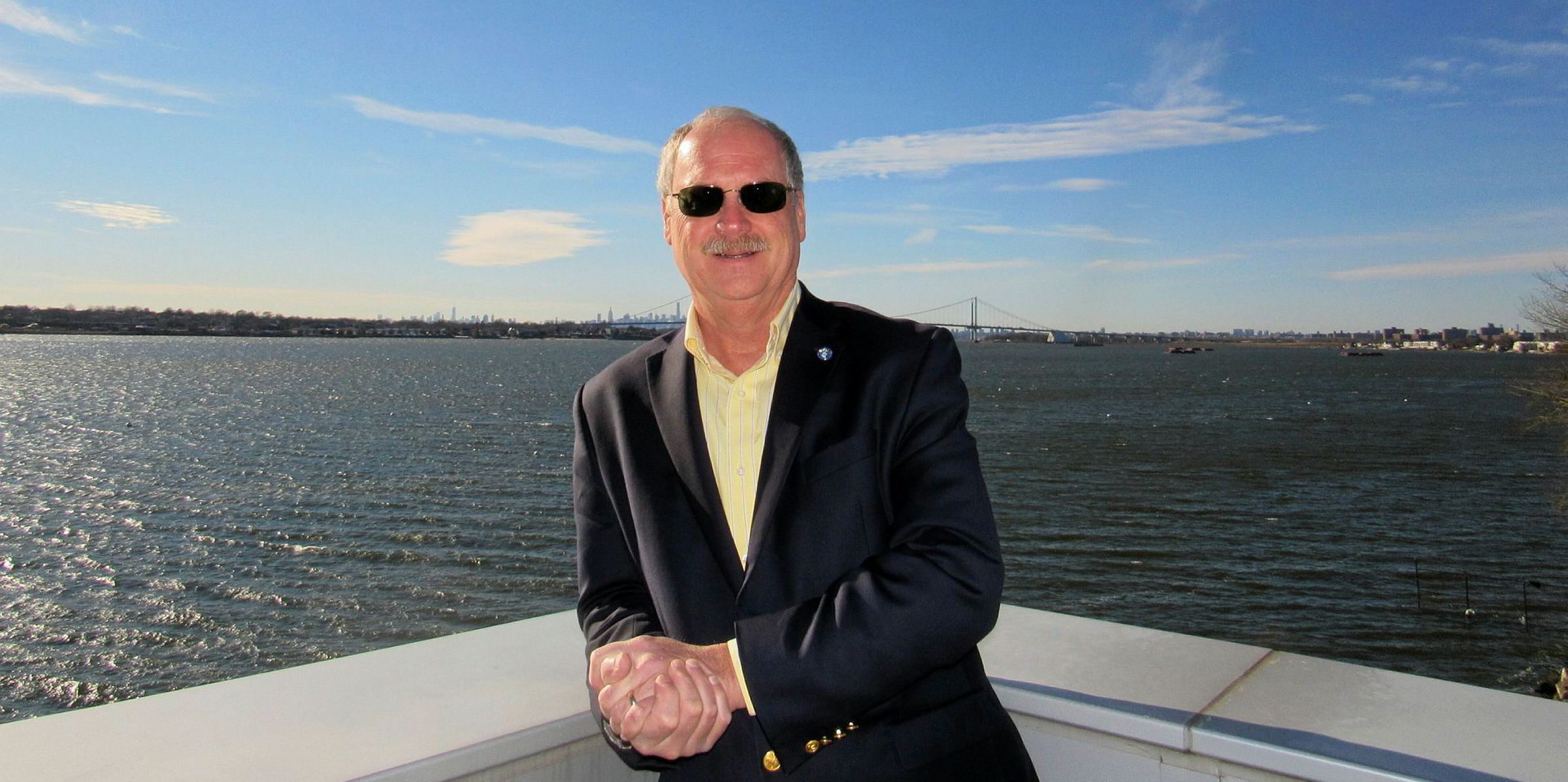The business case for automation is relatively straightforward. Fewer — or no — crew members means fewer expenses, and cutting costs is good for the bottom line.
But shipping is a notoriously conservative industry. Just ask Yarden Gross.
“The psychology in the industry isn’t there yet,” says Gross, chief executive at Orca AI, an Israeli company developing autonomous navigation technology.
“Shipowners, most of them, they understand the value [of autonomous shipping].”
But, he says the industry is not ready from a “psychological perspective”.
“The ship is too precious, too expensive to give away control to a machine at this point,” he says.
Artificial intelligence
Orca AI received $2.6m in venture capital funding to develop the system, which uses a litany of sensors, from thermal sensors to low-light high-definition cameras, to help crews on ships of all kinds navigate. Artificial intelligence, he says, is part of the package, helping the system to learn as it assists.
The goal is to create a system where the computer can steer the ship.
Right now, the Orca AI system, and other systems like it, do not mean full automation. But it represents a step on the road to it as outlined by the IMO.
As part of its autonomous shipping scoping exercise, the agency identified several gradations on the road to full autonomy. The first degree is technology to aid in decision-making with computers handling limited systems and crew ready to take control. The second and third are remote control with crew onboard and unmanned remote control. The fourth is full autonomy.
Christian Matthews, head of marine technology at Liverpool John Moores University, says the first three steps are feasible with existing technology. The fourth is further away.
This degree three autonomy, where you’ve got a remotely controlled vessel without seafarers onboard, that’s entirely technically feasible
Christian Matthews
While scaling the technology for widespread use and regulations governing the industry remain issues, he says everything up until the third degree is possible right now.
Control systems
“This degree three autonomy, where you’ve got a remotely controlled vessel without seafarers onboard, that’s entirely technically feasible,” Matthews says. “You can configure a vessel with the kind of control systems available to operate it with a data link.”
Despite the psychology, Gross says Orca AI has made some headway in the industry. He says there are ships, primarily in “heavily congested waterways” in Europe, piloting the technology in tests that began in the autumn. He declines to disclose the companies with whom he was working.
He says the system has received positive feedback.
However, the technology still needs to build credibility in corporate boardrooms.
“We come into the meeting and usually one of the first questions is, ‘are you going to take control of our ship with your technology? If that’s the case, we don’t want it',” Gross says. “I think in the not far future, [the psychology is] going to change. I think it’s going to be more efficient and the industry is going to adopt it.”
This story is part of the Shipping's Digital Future business focus. Read more in our next weekly edition.





